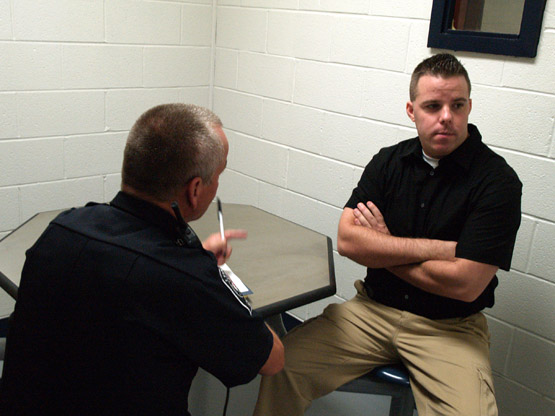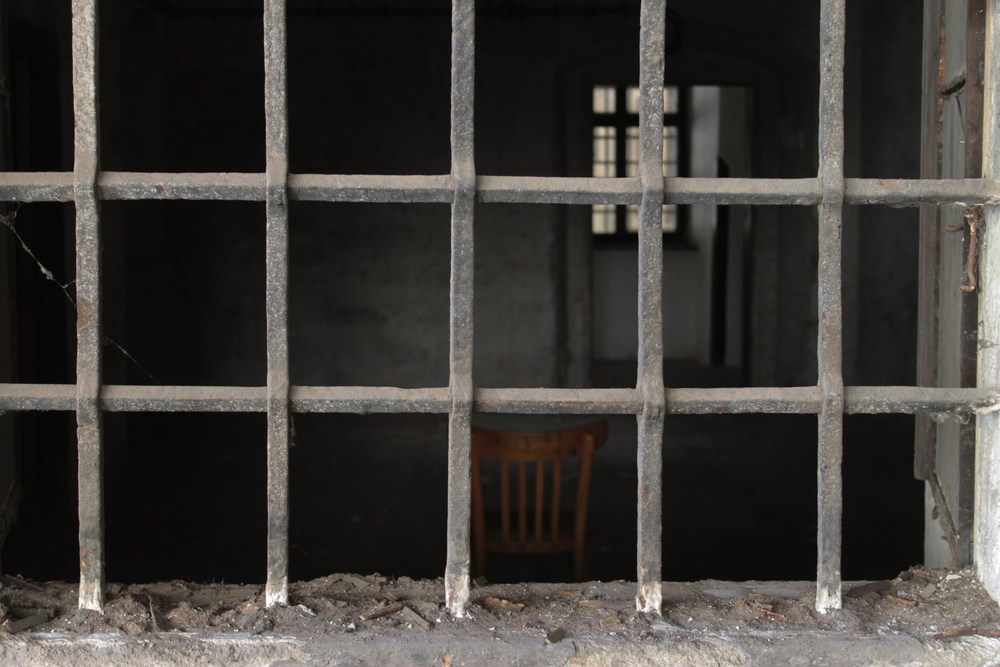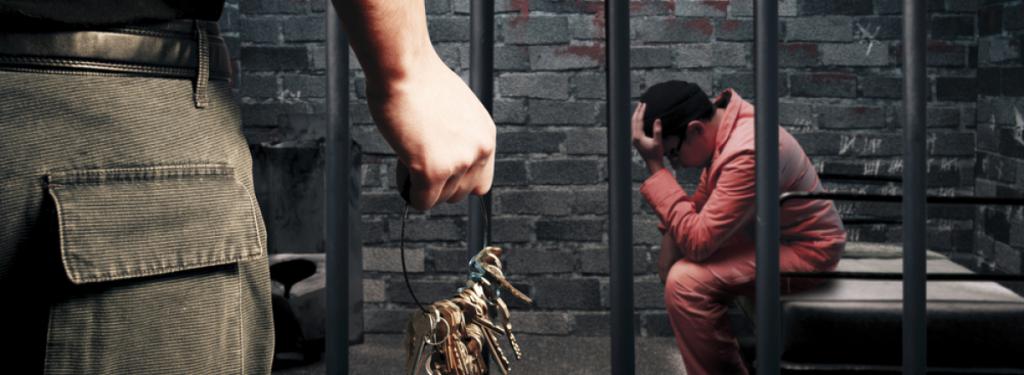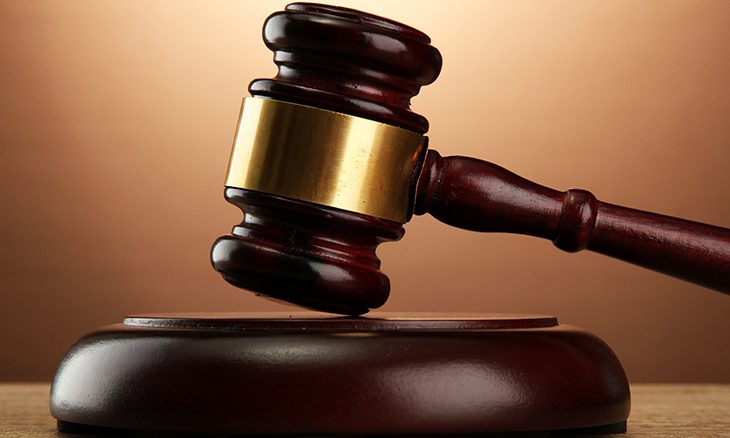The pre-trial agreement on cooperation in criminal law is the most important institution, the importance of which is difficult to overestimate. It involves an agreement between the prosecution and the defense. Further we will consider features of the pre-trial agreement on cooperation, the procedure and conditions for its conclusion.

General information
The party of accusation of a pre-trial agreement on cooperation in criminal proceedings is not represented by all entities specified in the provisions of Article 5 of the Code of Criminal Procedure. It does not involve:
- private prosecutor;
- victim;
- civil plaintiff;
- representatives of these persons.
The list of participants in the pre-trial agreement on cooperation of the accused with the prosecution is considered to be closed and not subject to broad interpretation.
The legislation does not strictly regulate the procedure for compiling and discussing a document. However, given the principle of competitiveness of production participants, it seems that each party has the right to express their opinion on the content of the agreement and justify their position.
Special order
Any pre-trial cooperation agreement may be initiated by any participant in the proceedings.
The following procedure for conclusion is fixed in the legislation. The defense counsel explains to the accused / suspect the possibility of receiving a kind of “concessions” in exchange for facilitating the investigation. If the person does not have a lawyer, this is done by the investigator or other authorized employee participating in the proceedings. The consent of the accused / suspect is formalized in an official document.
An application for a pre-trial agreement of cooperation is submitted, as a rule, at the initial stage of production. It is addressed to the prosecutor. The application must be a written and certified investigator or lawyer. If the request is signed by the defense counsel, it is sent first to the investigator and then transferred to the prosecutor.

The timing
Within three days from the date of receipt of the application, the investigator decides to satisfy it or refuse it. The decision is made taking into account the interests of the investigation. If the authorized employee satisfies the application, he writes, in turn, the petition also addressed to the prosecutor. He is attached to the statement of the accused / suspect.
The prosecutor also has 3 days to make a decision. If the application is satisfied, the parties may proceed to the direct conclusion of a pre-trial agreement on cooperation.
After this, a separate case begins.
Nuances
According to the current procedure for concluding a pre-trial agreement on cooperation, all documents related to the "transaction" must be attached to the contract.
If there is a suspicion that the life of the defendant or his relatives is in danger, the materials are sealed.
Final stage
After the investigation is completed, the prosecutor must check whether the obligations enshrined in the pre-trial agreement on cooperation are fulfilled. Further, the prosecution is approved and a request is made to conduct the proceedings in a special manner. A copy of the latter is transmitted to the accused through counsel.
During the hearing of the case, the judge once again checks whether the pre-trial agreement on cooperation was concluded according to all the rules, whether it was expedient at all. A sentence based on the results of the proceedings shall be made in accordance with the provisions of articles 2 and 4 of the Criminal Code.

Important point
If the clauses of the pre-trial agreement on cooperation have not been met or improperly implemented, the case may be sent for review. This is possible, in particular, if the accused is silent about any information or false information. If the entity under investigation and concluding a pre-trial agreement on cooperation has virtually nothing to report, besides details of its own unlawful actions, the prosecutor can decide to annul the agreement and commute the sentence. Simply put, a lone criminal who does not have accomplices and does not have valuable data is not of interest to the investigation.
Content of the contract
The subject of a pre-trial agreement on cooperation is defined in the legislation in general terms. If we talk about the investigation in a particular case, the document must disclose the obligations that the person incurs. In addition, the actions that he needs to take to carry them out are indicated.
The obligations assumed by the accused may relate only to part of the circumstances reflected in the law. When indicating the actions to be taken by the person involved, it is necessary to specify them, describe their nature, as well as the extent to which the subject helps to investigate crimes, identify and expose the citizens involved in them, search for stolen property, etc.
Such actions may include:
- testimony;
- participation in investigative activities (confrontation, identification, experiments, etc.).
The accused may assist by indicating the storage location of items obtained as part of illegal activities, concealing traces of a crime, corpses. He can inform the investigation of persons who have the information necessary to disclose the attacks, their whereabouts, etc.

Features of concluding a pre-trial agreement on cooperation
It is inappropriate to draw up an agreement if the person’s obligations will be reduced solely to informing them of their participation in illegal activities.
The content of the agreement should include circumstances mitigating liability, as well as specific legal provisions that can be used in relation to the accused in the investigated case. It is their prosecutor who will justify and uphold in the process of criminal proceedings.
Contract Adjustment
The law does not explicitly provide for the possibility of supplementing or amending the pre-trial agreement. Meanwhile, when disclosing multi-episode and complex attacks, the need for this is inevitable.
In the process of investigating such cases, it may be necessary to impose additional episodes on the person involved, retraining of the deed under more serious articles of the Criminal Code, recalculation of the size of the damage caused upward, etc.
Statutory provisions
Due to the fact that the agreement must necessarily describe the crime committed by the defendant and his actions are qualified under a specific article, by the time the document is signed, the person should be formally charged.

Since the conclusion of the contract, all measures for the protection of witnesses, victims and other participants in the proceedings, enshrined in the Federal Law No. 119, apply to the citizen. Security measures also apply to relatives and friends of the person involved. In particular:
- their personal data are not given in the protocols issued as a result of investigative measures;
- control is established and telephone and other conversations are recorded;
- identification is carried out in conditions that exclude the possibility of visual observation by the identifiable;
- the hearing is held in closed session.
Procedural Issues
Separation of a case into a separate criminal proceeding is allowed only after the execution and signing of the agreement.After the conclusion of the contract, the investigation is carried out according to general rules, taking into account a number of nuances. Their list is reflected in the law and includes the following provisions:
- documents confirming the signing of the pre-trial agreement must be attached to the materials of the case, set aside in a separate proceeding;
- the investigator has the right to make a decision according to which these documents will be stored in a sealed envelope;
- upon completion of the investigation, the prosecutor must not only approve the indictment, but also make an additional presentation on the fulfillment by the accused of the obligations assumed under the agreement.
Possibility of failure
The legislation does not directly provide for the procedure for the unilateral refusal of the accused from pre-trial agreement. The grounds and consequences of such an action are not fixed in the norms.
Meanwhile, such a refusal is permissible by analogy with the articles in the rules of Ch. 40 Code of Criminal Procedure before the start of the trial.

Actions of the prosecutor
Based on the provisions of Article 221 of the Code of Criminal Procedure, an authorized person shall consider within ten days:
- a criminal case against a citizen who has entered into an agreement received from an investigator;
- materials are proved that the accused is fulfilling his obligations.
After the verification, the prosecutor is obliged to make a presentation on the trial in a special order, if the indictment is approved. If the case is returned to the investigator for additional activities or to a higher prosecutor, such a request is not made.
Submission Content
This document is not considered as an act of reaction of the prosecutor to the court decision. Representation is a procedural document executed in the case with a bill of indictment and an agreement on cooperation. Among the mandatory circumstances to be reflected in it, it should be noted:
- the extent and nature of citizen assistance to the investigation;
- value and results of cooperation;
- confirmation of the accuracy and completeness of the information provided by the accused.
These circumstances are specified in separate paragraphs. The fact of the accuracy and completeness of the information communicated by the accused in the performance of obligations under the agreement is certified by the prosecutor.
Additionally
The prosecutor cannot refuse to file a submission for a trial in a special manner if the indictment has been approved. He only has the right to indicate in his application that the accused did not provide the necessary assistance to the investigation or that it was insignificant. In this case, the prosecutor must specify the extent and nature of the assistance.
After making the submission, the official hands a copy of it not only to the accused himself, but also to his lawyer. The presence / absence of a defense counsel’s request does not matter.
The accused and his lawyer may comment on the submission received. The term for their bringing in the law is not defined. Based on the results of the study of the comments, the prosecutor makes a decision in which he motivates his decision.

Conclusion
It should be noted that the separation of the case in which the agreement was concluded, as well as the concealment of documents related to this procedure, in a separate proceeding is determined by the confidentiality of information and the need to fulfill obligations assumed by the accused. Accordingly, other persons involved in the same crime should not have access to these materials.
As practice shows, many defendants make a “deal” with the investigation. However, not in all cases they fulfill their obligations. Many of the defendants, agreeing to cooperation, believe that in order to receive certain exemptions, mitigation of responsibility, it is enough to tell truthfully about their own illegal actions.Meanwhile, the investigation is interested in establishing other details of the crime.
The cooperation agreement is aimed primarily at facilitating the work of investigative bodies. If the crime is complex or contains several episodes involving several persons, an agreement with one of the defendants will allow you to quickly go to the other accomplices, find the storage location of the kidnapped, and collect more evidence. Undoubtedly, a citizen going towards the investigation should feel safe. Therefore, the legislation provides a list of protective measures. The duty of the investigating authorities is to put them into practice.
